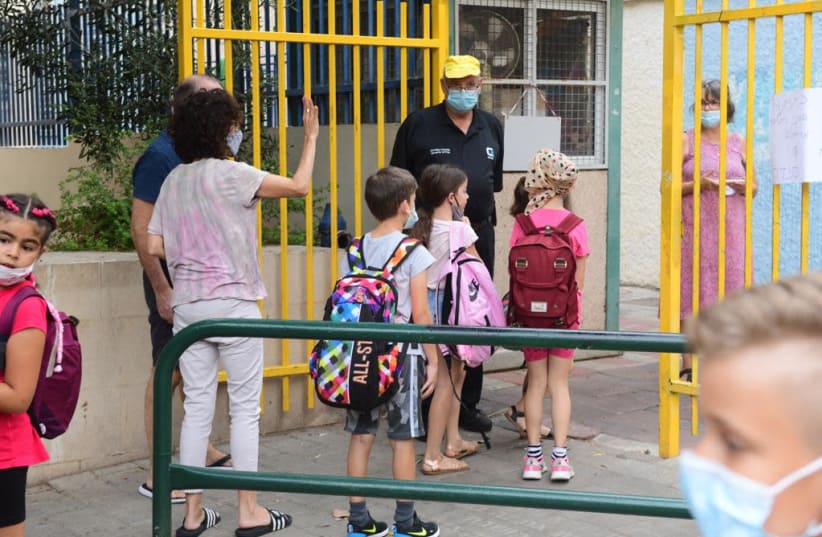Children with COVID-19 can have virus, antibodies simultaneously – study
The findings of the study are critical, as while there is plenty of emerging data regarding transmission and recovery time in adult patients, there is less data regarding pediatric patients.
